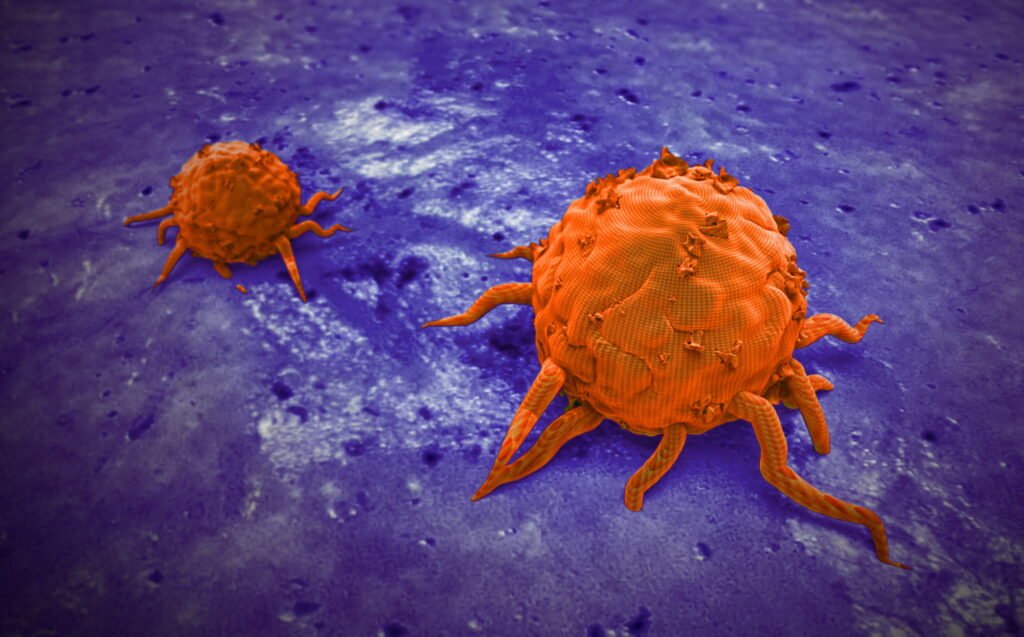The Hadassah Cancer Research Institute (HCRI), a major center in Israel for oncological research, has announced what it says is a significant breakthrough in personalized cancer care.
The Jerusalem-based institute says its new MESiCA platform uses AI machine learning and natural language processing to identify the unique mutations in a patient’s DNA caused by the growth of cancer cells, revealing the cause of the disease and influencing the course of treatment chosen by oncologists.
The AI can analyze vast amounts of data in order to identify the unique mutations, also known as mutational signatures, something that was previously unachievable in a normal clinical setting.
This allows MESiCA to accurately detect dominant mutational signatures using only a small number of mutations, making it viable for everyday use in such settings.
The project was led by Dr. Shai Rosenberg, the head of the Laboratory for Cancer Computational Biology, and Dr. Adar Yaacov, computational biology researcher at Hadassah University Medical Center in Jerusalem.
“MESiCA has been validated in over 60,000 cancer samples, revealing crucial signatures linked to better survival rates and treatment responses,” said a statement from Yaacov and Rosenberg.
“By enabling the detection of these signatures in routine tests, MESiCA empowers clinicians to prescribe more accurate personalized treatment plans, ultimately improving patient outcomes,” they said.
“This publication represents a major leap forward in personalized medicine,” said HCRI Head Prof. Michal Lotem.
“MESiCA offers a practical tool for oncologists, enabling them to make more informed decisions, ultimately leading to improved patient outcomes,” she said.
The research was recently published in the respected Cell Reports Medicine journal, with Yaacov as lead author.
Related posts

Israeli AI Safety Tool Among TIME’S Best Inventions For 2024

TAU Team Discovers Mechanism To Eliminate Cancerous Tumors

Ashdod Port Investing In Startups As Part Of Innovation Strategy




Facebook comments